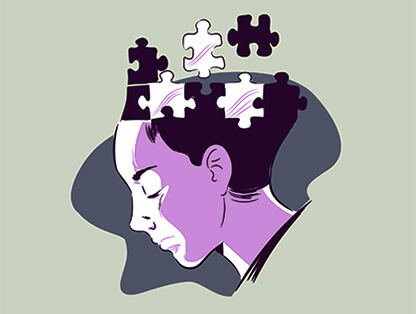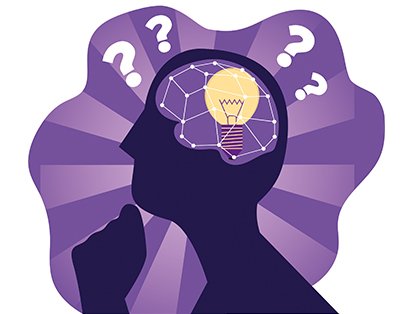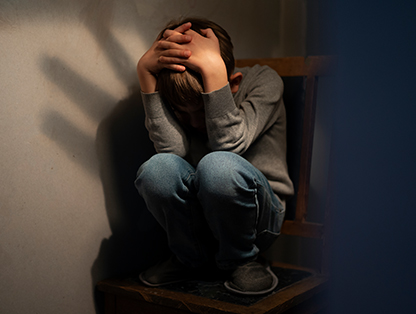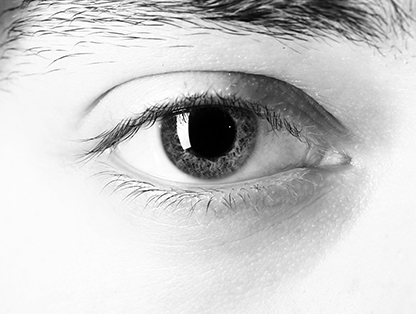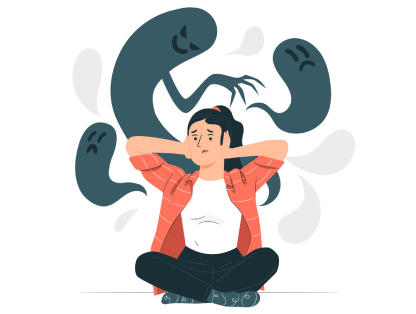Repeated, disturbing, and unwanted memories of the stressful experience?
Repeated, disturbing dreams of the stressful experience?
Suddenly feeling or acting as if the stressful experience were actually happening again (as if you were actually back there reliving it)?
Feeling very upset when something reminded you of a stressful experience?
Having strong physical reactions when something reminded you of the stressful experience (for example, heart pounding, trouble breathing, sweating)?
Avoiding memories, thoughts, or feelings related to the stressful experience?
Avoiding external reminders of the stressful experience (for example, people, places, conversations, activities, objects, or situations)?
Trouble remembering important parts of the stressful experience?
Having strong negative beliefs about yourself, other people, or the world (for example, having thoughts such as: I am bad, there is something seriously wrong with me, no one can be trusted, the world is completely dangerous)?
Blaming yourself or someone else for the stressful experience or what happened after it?

